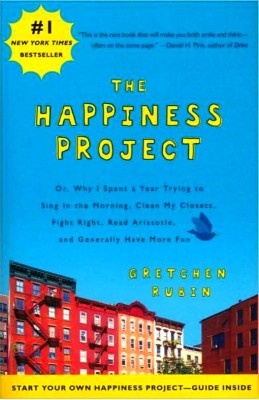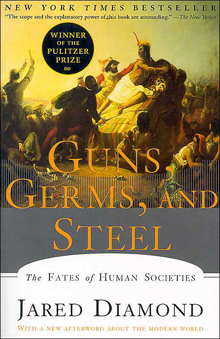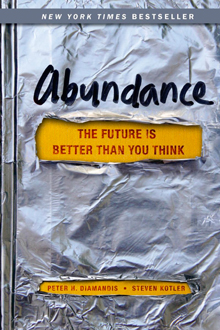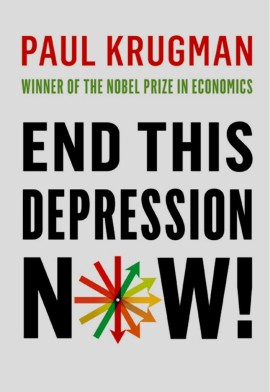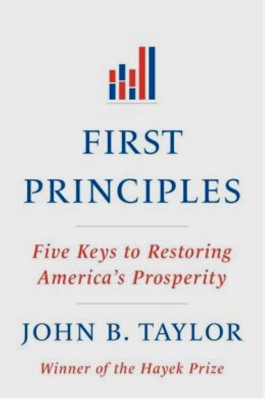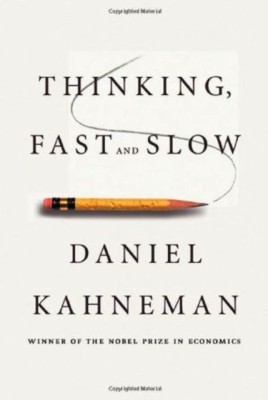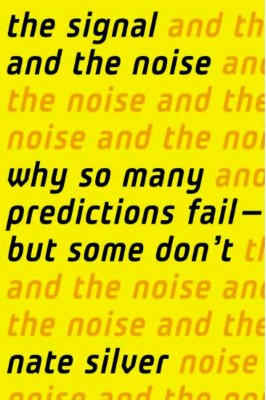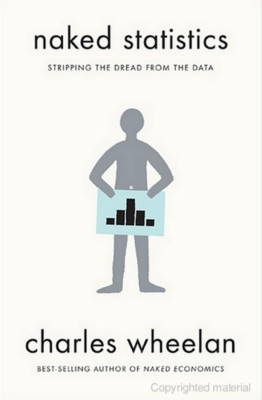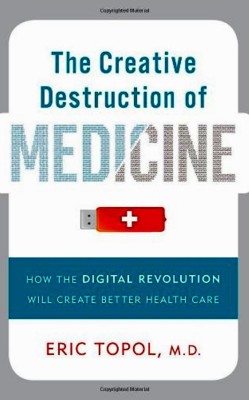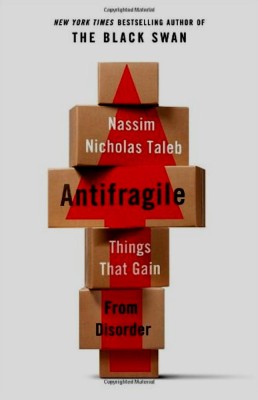A 5.5% to 22% defect rate in solar modules is more than just a manufacturing problem. It's a moment of truth for the entire industry.
Quality & Economics
The question of quality runs far deeper than business. When quality fails at the societal level, we fail each other. Then the real danger is that we fail to govern efficiently and fairly.
I recently read a commentary in the New York Times (“Solar Industry Anxious Over Defective Panels”; May 25, 2013, link), and something sounded familiar.
Solar panels that are expected to have a 25-year life span are failing. Coatings are disintegrating and other defects have caused fires. Worldwide, the reports are coming in. The $77 billion solar photovoltaic industry is facing a quality crisis.
This is a moment of truth for the solar photovoltaic industry, and yet, many manufacturers will chose to ignore the opportunity and instead repeat the same mistakes that the American automotive industry did in the 1970s.
Remember the Ford Pinto that could explode if was hit from behind? What about Chevrolet’s Vega that was rusting before it left the factory floor? There were other spectacular flops like the Cadillac Cimarron, Plymouth Volare, Dodge Aspen, all Oldsmobiles, and GM diesel engines: all self-inflicted wounds that damaged once sterling brands for decades and drove sales into the laps of their international competitors.
Then, as now, assumptions are percolating among solar “PV” industry leaders about the “cause” of production problems they obviously do not understand. Is it really just cost-cutting in manufacturing materials that is causing 5.5% to 22% defect rate in solar modules?
I was struck by the comment from Dissigno CEO, Dave Williams: “Quality across the board is harder to put your finger on now as materials in modules are changing every day and manufacturers are reluctant to share that information.” This is the type of thinking that will cost the industry (and their customers) billions of dollars before they resolve this crisis. In fact, isn’t it time to set a firm finger on quality and hold it there until there until something positive happens?
American auto manufacturers learned three valuable lessons from their quality crisis:
- “Problem solvers” will solve nothing but they will drill through wads of cash with very little to show for it;
- Nearly all product quality failures begin at the design stage with inadequate specifications, standards, expectations; and
- No amount of correction at the production and service end will ever adequately “solve” anything; that’s like trying to put out the fire after the barn burns down.
The solar industry must do as the auto industry has done: they must go all the way back to the design stage, dump their assumptions, check all processes, and re-examine everything right down to the basics of how they envision how their customers will use their products. They must deal with the physics involved, even the markets.
Late in the 1980s, the auto industry adopted the practice of “robust engineering” – using extreme conditions of operations the basis of design and engineering. Adding to the quality process, they also considered how people work together and how they discuss and formulate solutions. For the first time, designers, engineers, production managers and marketers got together and discussed not only what the product had to do, but how it might fail.
When you design for the two most extreme operating conditions that your product will experience, you eliminate 95% of the potential cause for failure. If your product must operate in a particular temperature range, you must ask, “Can we add 10 degrees either way to our operating design?” In the same respect, consider also how the product will be manufactured and sold. In this case, designers did not take into consideration possible price competition. Haven’t we learned that cost-cutting is a reality for commerce and therefore qualifies as a “condition of operation”?
This crisis of quality is not, as the writers of the story suggests, China’s problem. While true that Chinese manufacturing has supplied many panels, it is up to the world industry to set the standard. The companies that purchase the modules must set the quality process, be honest about the product design, and resist any compromise.
I appreciate Suntech CTO, Stuart Wenham’s commentary that “we need to start naming names.” In my book, those names should include the engineering directors and executives who missed the big cues and forgot the important lessons of what it means to adopt and maintain a robust and sustainable quality process.

























